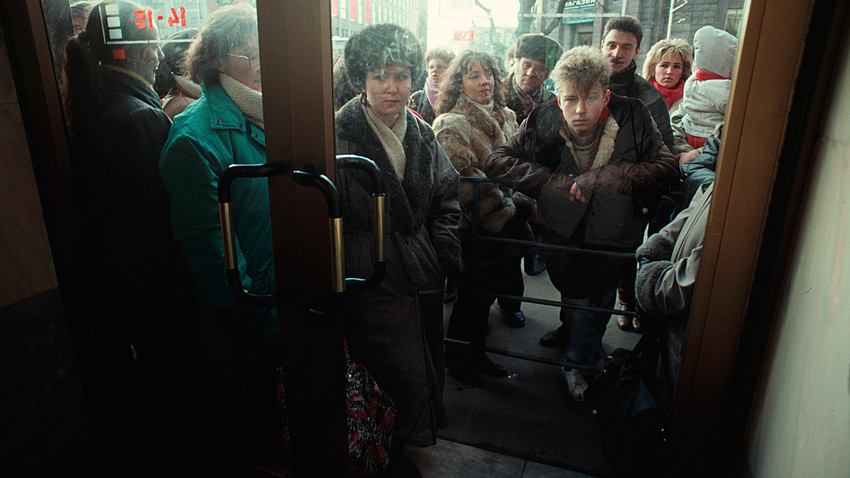
Russian citizens in Leningrad wait in line for the opening of a store during the Soviet economic crisis, January 01, 1987
Getty ImagesCensorship has been part of Russia’s social and political life for centuries. There was a brief thaw in 1917 between
The same year works that had previously had no chance of legal publication appeared: The Gulag Archipelago by Alexander Solzhenitsyn and Boris Pasternak’s Doctor Zhivago among many others. There were so many hitherto unseen books published during the perestroika era that the period was dubbed a “cultural explosion” (in Russian).
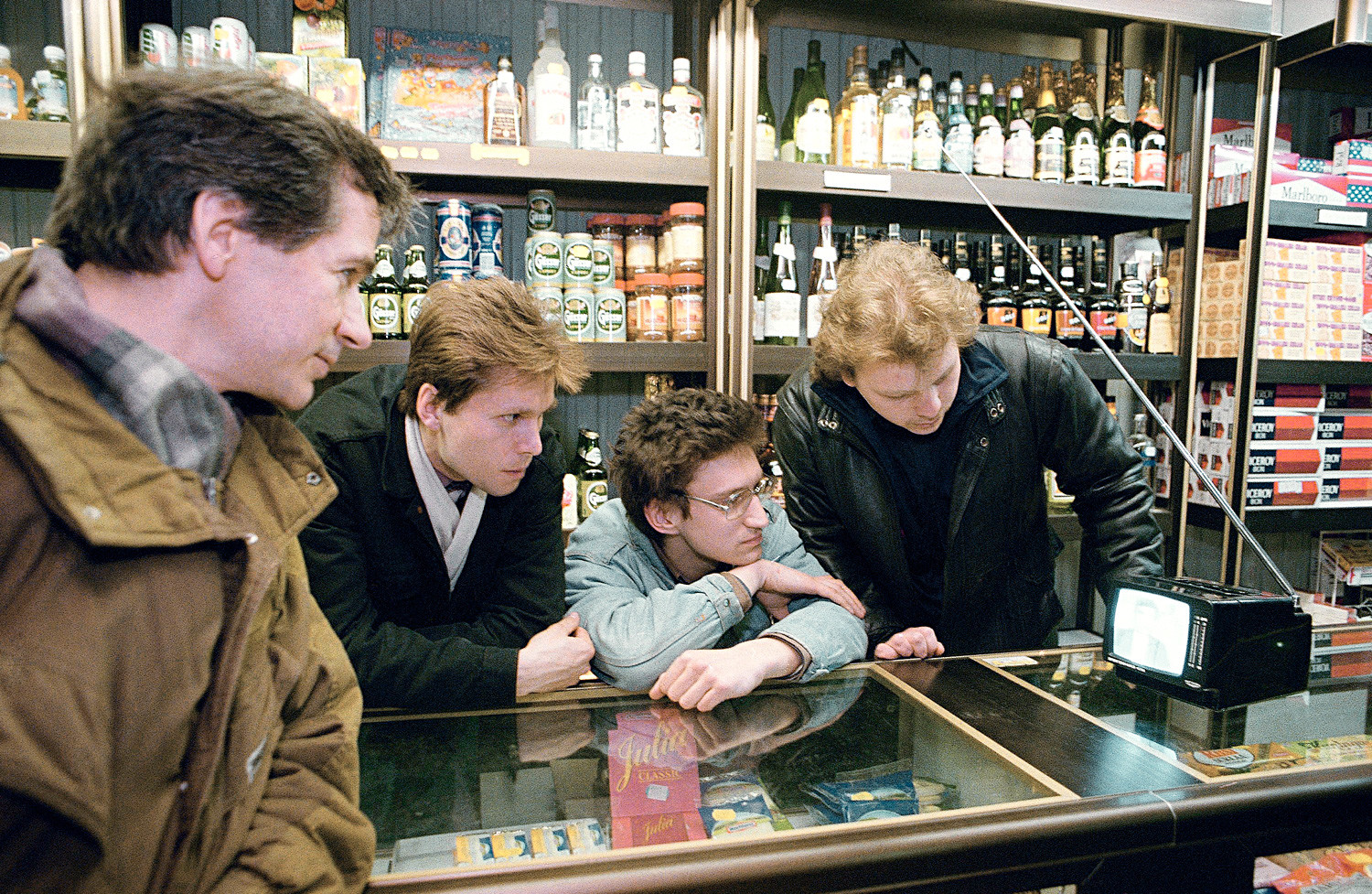
In 1990 a law was adopted that forbade censorship in the Soviet Union
APIn 1990 a law was adopted that forbade censorship in the Soviet Union and in late 1991 similar legislation was introduced in the Russian Federation banning press censorship.
Against a backdrop of economic slowdown in the late Soviet Union, authorities were forced to start experimenting with some elements of a free market. However, the reforms of prime minister Alexey Kosygin were stopped in the early 1970s and it was only when Mikhail Gorbachev came to power in the
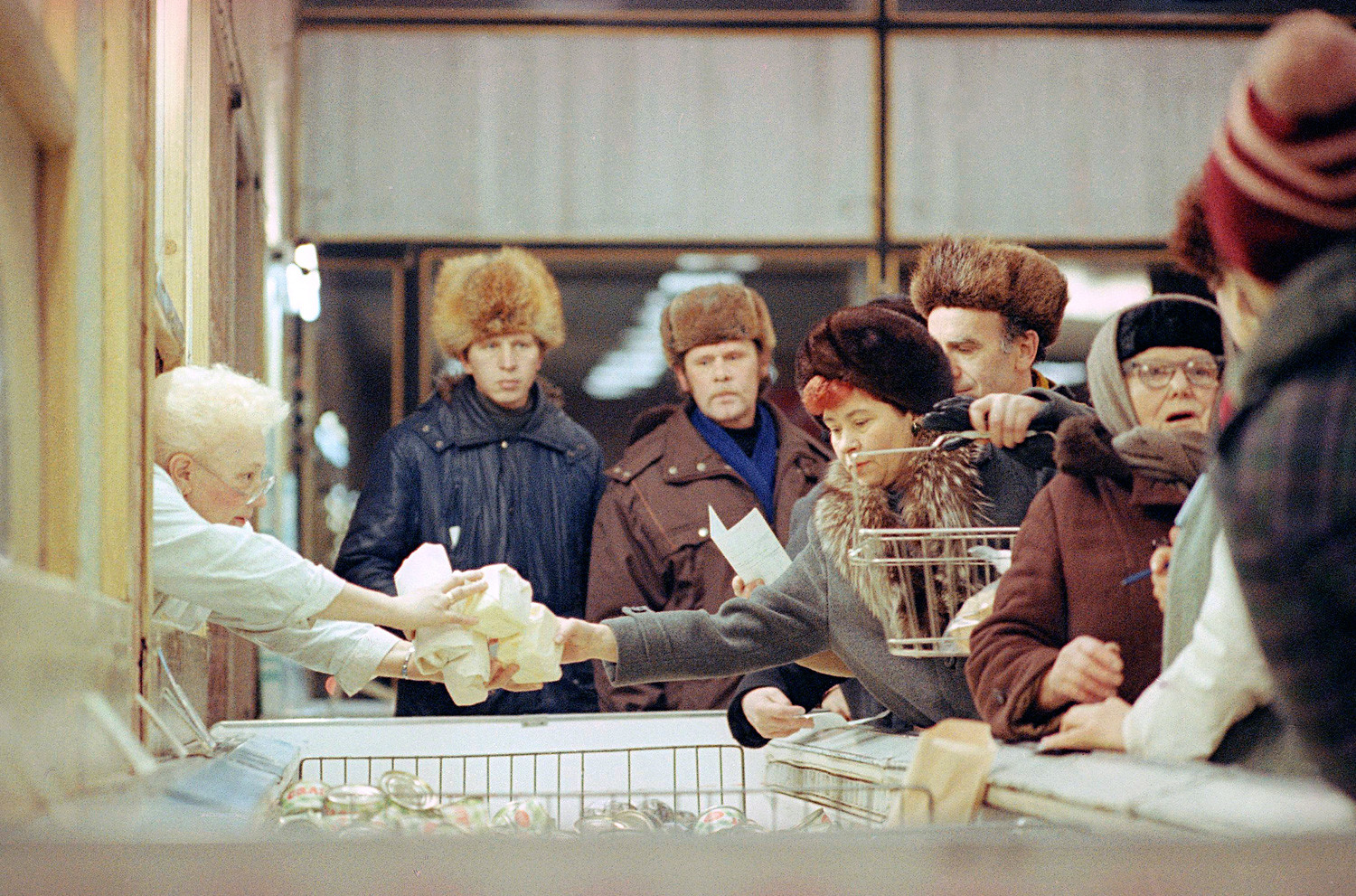
Gorbachev’s ambivalent reforms turned out badly and led to an ever growing deficit of goods
APGorbachev’s ambivalent reforms - he did not want to give up on the socialist economy entirely - predictably turned out badly and led to an
Before
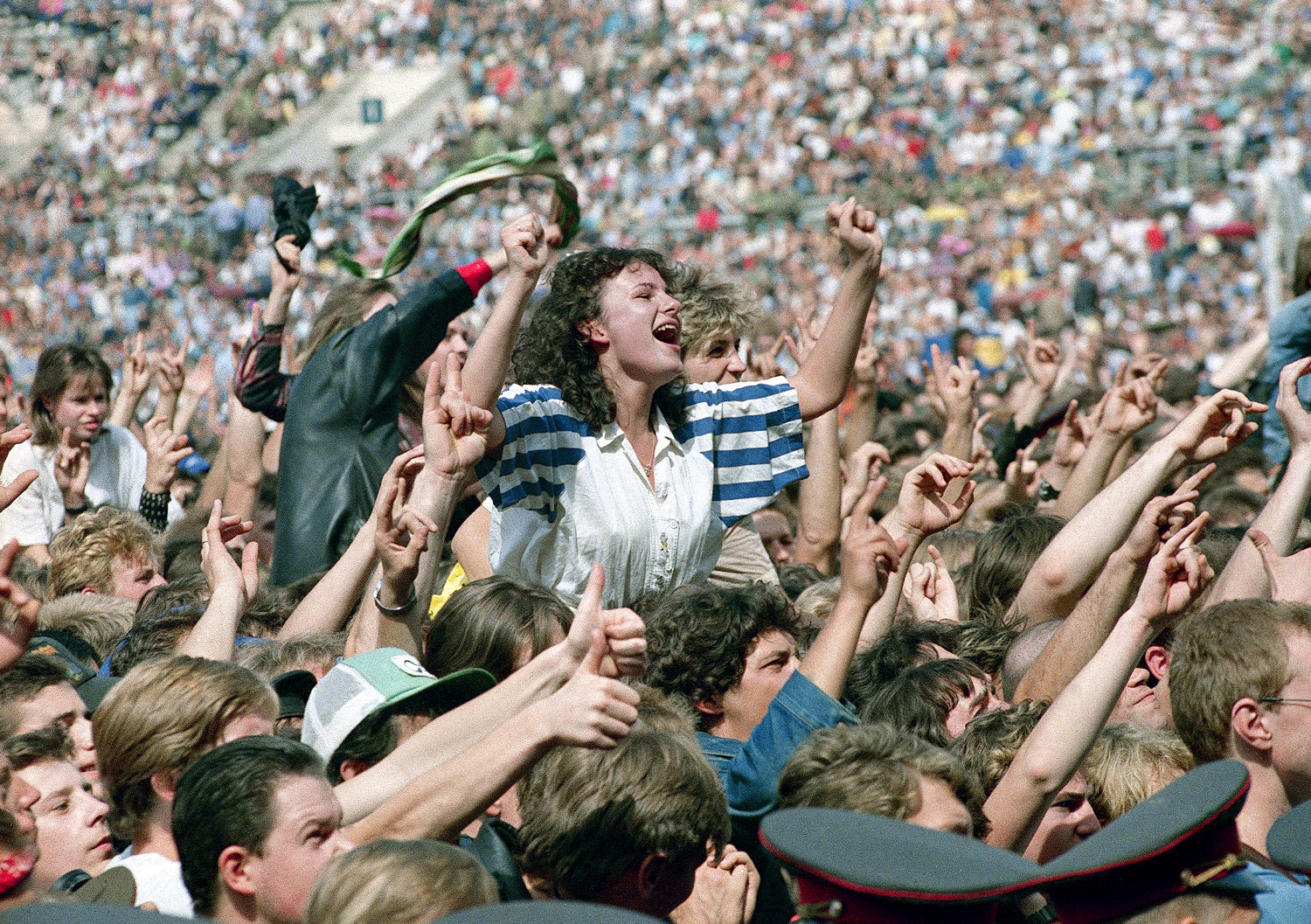
Western heavy metal rock bands including Bon Jovi, Motley Crue, Scorpions and Cinderella were enthusiastically received by loving fans in Moscow on Saturday, August 12, 1989 at The Moscow Music Peace Festival
APShelves of bookshops filled up with recently translated Western authors with bestselling writers like detective novelist James Hadley Chase among the most read. Foreign movies made it into Soviet cinemas in previously unseen numbers. People hungrily consumed these previously forbidden fruits and since
It was easier to incorporate Western culture during perestroika at the time as people could be exposed to it right there, in its homeland. Gorbachev’s reforms made it possible to travel abroad. Before it was hard to visit an Eastern bloc socialist country, let alone a capitalist one.
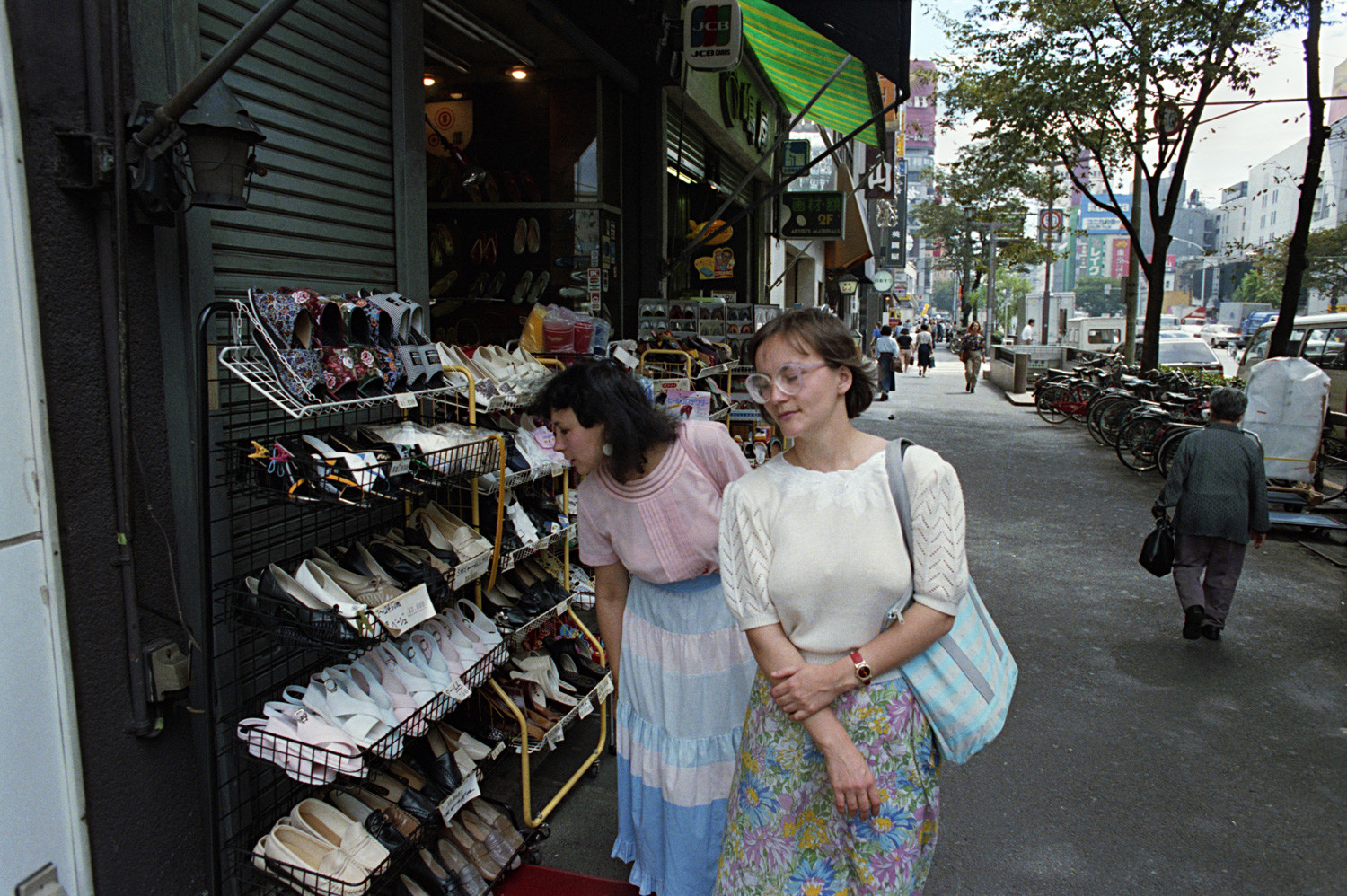
Soviet citizens in the streets of Tokyo in 1990
Georgy Nadezhdin/TASSIn order to leave the
And then all of sudden this changed and the barriers came down. However, today it seems that the majority of Russian citizens are not eager to take advantage of freedom of movement. Pollsters say that 72% of Russians do not possess the international passport required leave the country and enter a foreign country.
The USSR was a socialist state, so its attitude towards private property was a negative one. In Stalin’s constitution of 1936 private property was allowed only for small households of peasants and craftsmen who used their own labor and avoided the “exploitation of the labor of others”. In the last Soviet constitution of
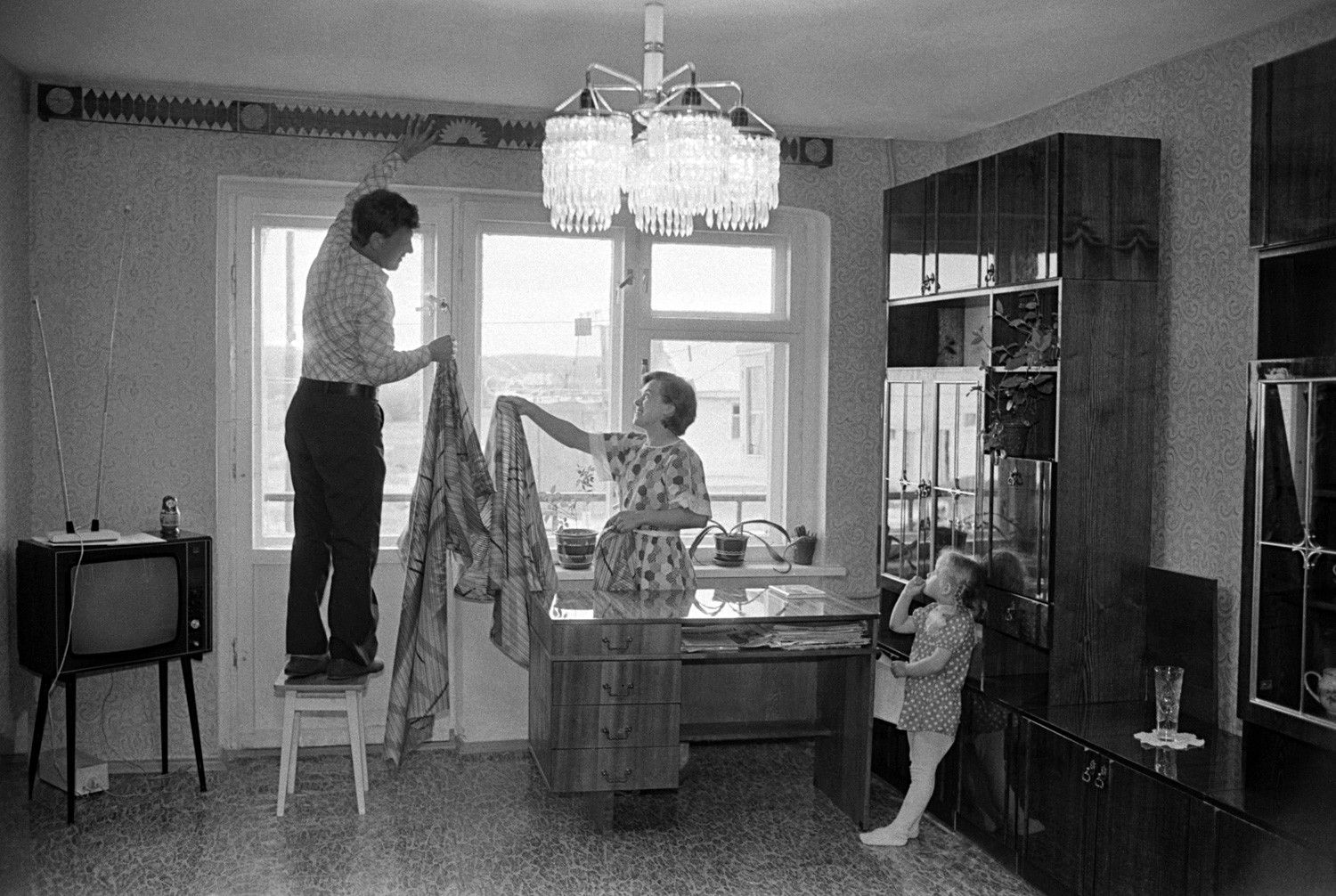
After perestroika millions of people in Russia have made efforts to bring into private ownership the main asset they had – their apartment that in Soviet times belonged to the state
Semyon Maisterman/TASSIn the USSR state and personal property were considered the main types of property. The right to own private property in the USSR was re-established during perestroika in 1990. Since then millions of people in Russia have made efforts to bring into private ownership the main asset they had – their apartment that in Soviet times belonged to the state.
Read here about the last Soviet computer game that peddled democracy.
If using any of Russia Beyond's content, partly or in full, always provide an active hyperlink to the original material.
Subscribe
to our newsletter!
Get the week's best stories straight to your inbox